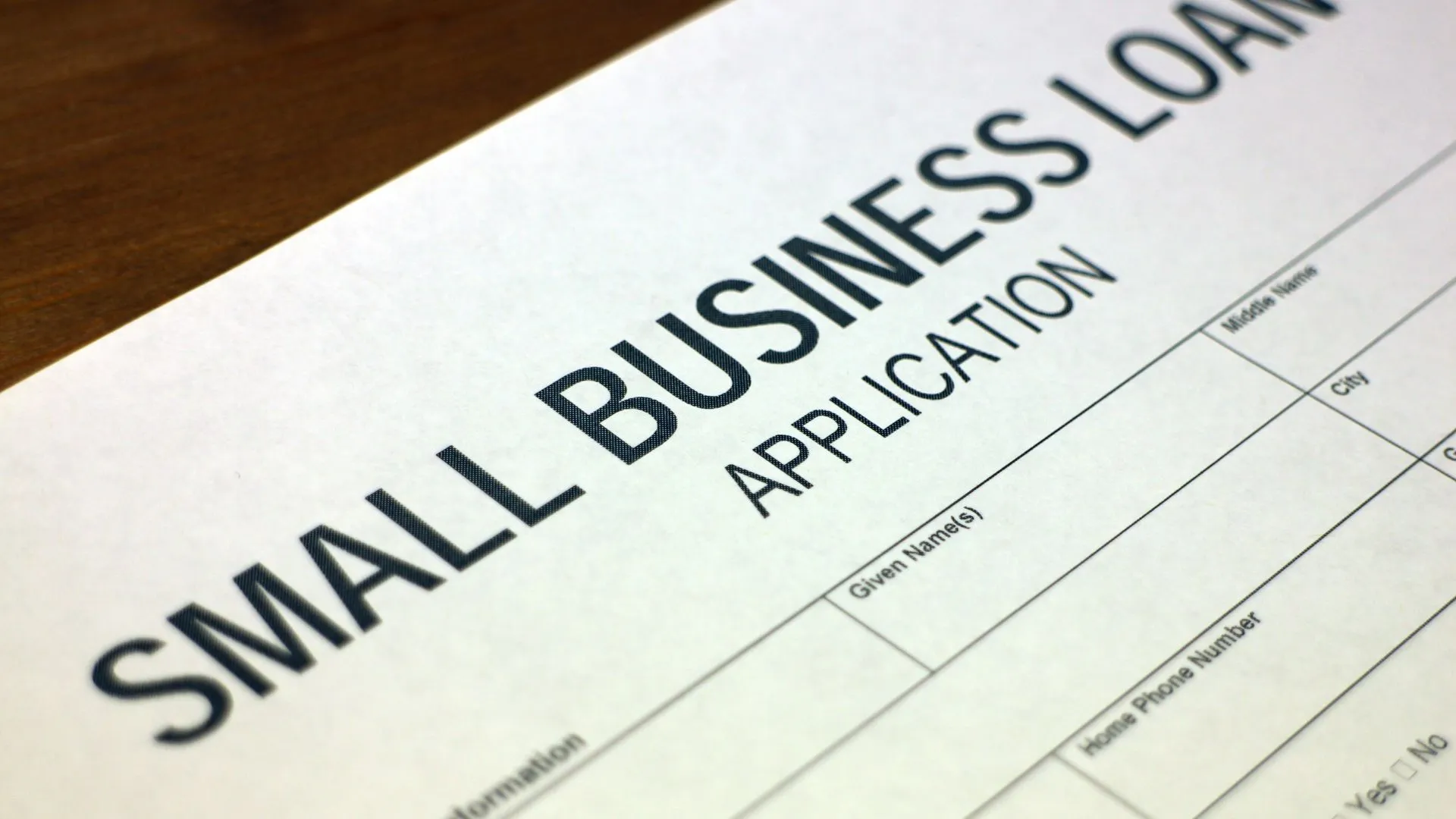How to Apply for Government SBA Loans for a Small Business
Banks and direct lenders who work with the SBA make government business loans available. Small company entrepreneurs can use the long-term, low-interest SBA loans as a source of cash to launch and grow their companies but there are steps to apply for this to work. Read on so you can figure it out.
Now, how can one get government SBA loans? Being an entrepreneur, one will have the loans for funding the business in the foreseeable future which will be something to think about.
It is there for lenders to help the companies which the last group can not satisfy their needs financially by giving them their loan guarantees.
So, buying, refinancing, or even renovating existing real estate and buildings by this type of loans constitute a part of their huge list of offered uses.
There is a difference between the two types of working capital, the temporary one – short-term working capital and the permanent one – long-term working capital.
SBA funds are the ideal pick because of the lowest interest rates coupled with the loosest terms of qualification if you consider them.
Types of SBA Loans for Small Businesses
The Small Business Administration (SBA) offers various types of loans to support small businesses:
1. The SBA 7(a) Loan: This grants funds for those who want to launch, buy, or expand a small business. Small Business Administration offers this most often lending scheme.
2. SBA Express Loan: Parade lays priority certainty of processing quicker under loan amount up to $350,000 with speedier approval.
3. SBA 504 Loan: This is for entrepreneurs who need the capital to buy land, equipment or to make major changes. It is done by liaison with the local Certified Development Company (CDC).
4. SBA Microloan: It involves small loans, which do not exceed $50,000, to boost working capital, purchasing inventory, or to purchase essential equipment or machinery.
5. SBA Disaster Loan: Provides credit to businesses which are in a bad shape economically due to the aftermath of natural disasters or a crisis with a low interest rate only for their recovery and transition to normal economic practice.
6. SBA Export Loan Programs: This loan type finances businesses who trade in products or services conducting the global activities with an adequate loan to match the international trade needs.
It is worth noting that each one has a unique set of qualifying criteria, terms, and benefits tailored to the various needs of business startups and their developmental stages.
What are the Requirements for SBA Loans?
The requirements for SBA loans typically include:
1. Business Eligibility: This means eligible companies must be private, benefit-corporation, or cooperative corporations and have a controlling interest or be operated in the United States.
2. Business Size: which is often defined as such organization in accordance with SBA size standards in general.
3. Good Credit History: This has to be credited with repaying ability largely rests on credit scores of applicants such as individuals and business.
4. Business Plan: A reliable business schedule that constitutes some objectives of the business, manner of operation, and financial projections.
5. Collateral: The thing is that in some cases borrowers may be required to provide collateral for the loan, which can be business or personal assets.
6. Legal Documents: Businesses, it covers business licensing, registrations, tax returns and financial statements.
7. Use of Funds: Hire a lender with a crisp and specific purpose for the loan, e.g. working capital, purchasing equipment, or investing in real estate.
Lastly, only borrowers who have not defaulted on any previous debt payment owed to the federal government are eligible, and this is a vital factor.
Why Do Small Businesses Need Loans?

There could be several reasons for this like to keep your business going, or to grow differently, or to take care of inevitable expenses.
But on the one hand, if you fail to compare the rates and terms of different lenders, you may make a costly mistake. There could be other reasons why a small business would need a loan, like:
1. Startup Costs: But to get the ball rolling by financing initial expenses such as purchasing equipment, goods, and marketing.
2. Working Capital: To have enough money to cover both payroll, utilities and mortgage expenses.
3. Expansion: As for the business expansion, I am considering either recruiting additional staff members, opening new places or investing in technological improvements
4. Cash Flow Management: To cover cash gap during slow seasons or after the due outlying of funds, the purpose of generating methods like invoicing customers is to provide allocated funds that can be used for other necessities.
5. Inventory Purchases: In order to either order a lot of stock or introduce new goods. List. To create marketing plans for new launches or to raise awareness of the company.
6. Equipment Upgrades: To buy new equipment or repurpose the old one we have right now. Also, for dealing with events like unexpected maintenance costs, taxes, property repairs, legal fees, even sudden economic downturns.
7. Competitive Advantages: Thus, to maintain the competition through the creation of new and innovative products and quality improvement.
A vital reason could be debt consolidation is a vital process of bringing together all the outstanding debts into single lump payment on a monthly basis, thus simplifying the process.
We believe this article was interesting, if yes, don’t hesitate to use our share button below to inform – friends and relation via Facebook, Twitter.
CSN Team.

